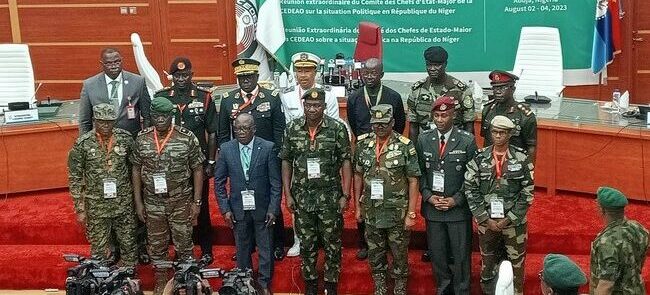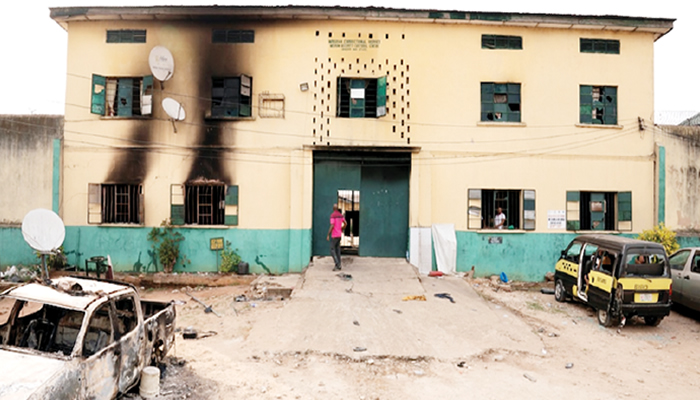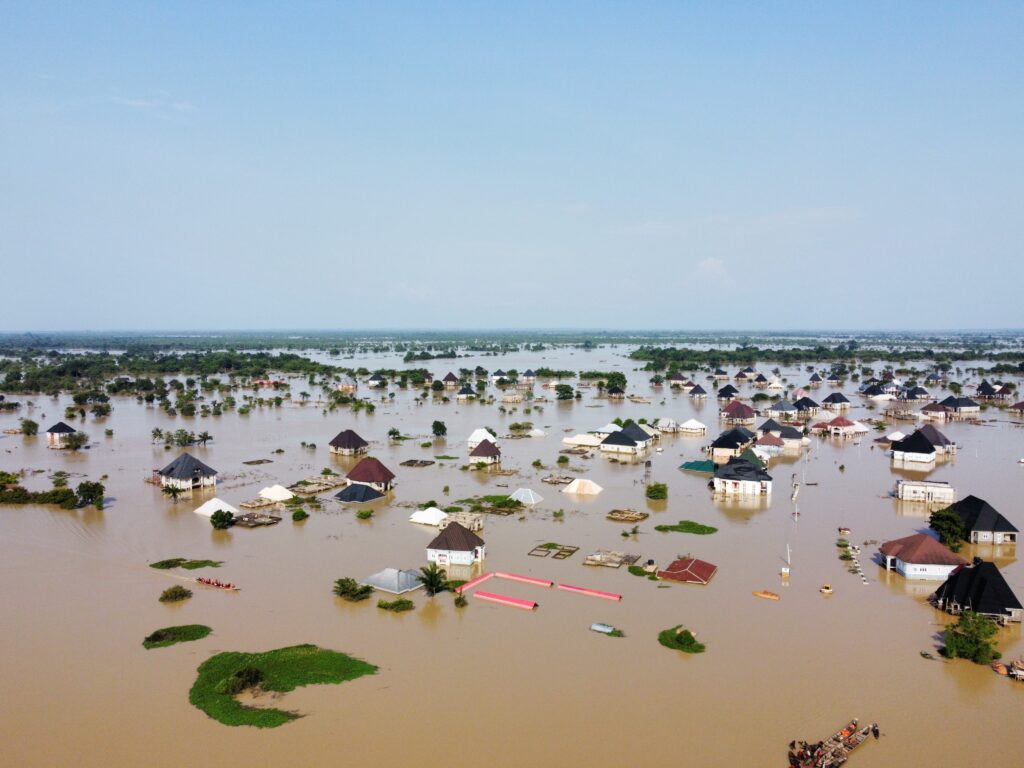Mounting tensions between military junta states and the other West African States through the Economic Community of West African States (ECOWAS) have heightened the tensions in West Africa. The recent coup and the trend of coups in the region have drawn the international community’s attention. Fervent words of condemnation have followed the situation from pro-democratic states, while respondent words of affirmation have followed from the putschists in Niger, Mali and Burkina Faso.
The bid to address the situation in Niger as a united front has seen a delegation being sent to the country for negotiations at the onset. It has subsequently warranted the meeting of ECOWAS defence chiefs on August 2nd 2023 in Abuja , Nigeria to explore alternative resolution options. Although, there was a conspicuous absence of Niger, Mali, Guinea, Burkina Faso and Guinea Bissau, one would expect a country like Guinea Bissau to be deeply involved in the recent ECOWAS defence meeting following the failed coup attempt of 1st February 2022. The reasons for their absence remain unclear, adding further complexity to the situation.
While it remains worrisome of the trajectory of the brewing situation in West Africa, the involvement of the great powers on different sides of the spectrum projects a semblance to the “cold war”. The recent summit in Russia where President Putin sought to woo African leaders does not indicate an obvious sign of alliance. However, the Burkinabe military leader’s accommodation at the summit hints at Russia’s stance. Looking at the situation in Niger Republic after the coup, the brandishing of Russian flags in the streets and chants for the ousting of France indicate a shift in allegiance from France. Contrarily, the pro-democratic United States despite being a longstanding strategic partner in the region with 1,100 soldiers in Niger has suspended military cooperation with Niger and condemned the “attempted power grab”.
The coup in Niger and the growing trend of coups in West Africa requires rapid attention. Ongoing negotiations should be extensively exhausted before ushering in any military intervention. This could come through striking a reasonable bargain for a transition to democratic rule in the affected countries. Furthermore, military juntas in West Africa are fast becoming more than a regional problem but one that could involve a direct or indirect influence of the great powers; as such, there is a need to draw a clear-cut line between resolving peace and democracy in the region without furthering any foreign ideological agenda. This could be through clear cut lines of engagement and aid with the interest of the state and region at the forefront. Additionally, initiatives to strengthen democratic institutions, foster good governance, and promote human rights and rule of law in the region can be valuable in preventing future coups and maintaining lasting peace.Top of Form
Recommended Reading



